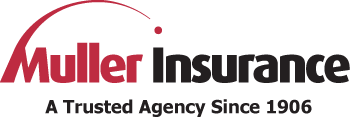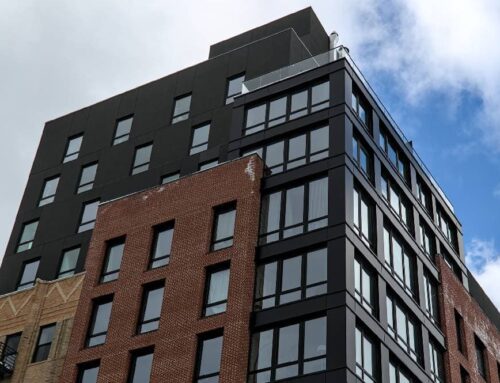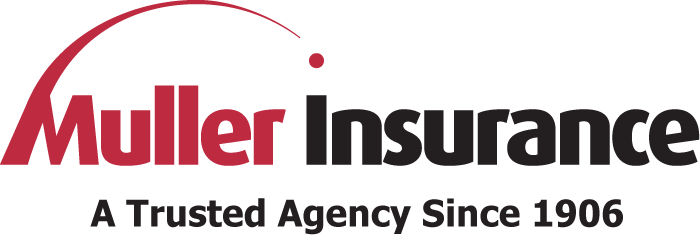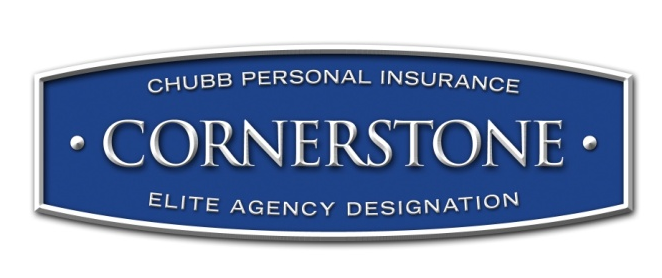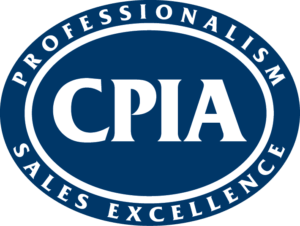Several key factors come into play when determining your homeowner’s insurance premiums. These aspects can significantly impact the cost of your policy, so it’s essential to be aware of them to make informed decisions. Muller Insurance is an independent agent providing multiple insurance policies from various carriers to residents in New York, New Jersey, Connecticut, and more states. Here, we discuss the top five factors that affect your homeowner’s insurance premiums.
1. The Location of Your Home: Does It Influence Premiums?
A major factor influencing homeowners’ insurance premiums is your location and geographic area. For example, living in a region with adverse weather conditions and tropical storms raises your rate because of these particular risk factors. Insurers often assess the risks within your area, such as crime rates, weather patterns, and fire hazards. Policy rates tend to be higher in urban areas and major cities because these homes cost more to build in highly populated areas.
Secondly, being close to fire stations or hydrants means your home may receive lower rates because it lowers the chances of fire damage. Communities with lower crime rates, better emergency services, and well-maintained infrastructure often see lower premiums.
2. Home Structure and Condition: How Do They Impact Insurance?
The age of your home and the construction materials used within your home can influence the cost of insurance premiums. Older and historic homes often have outdated plumbing, electrical systems, and roofing, which often come with higher prices because of increased risks of damage. Homes built with certain materials, such as wood, may also have higher premiums because of their susceptibility to fire and other hazards.
Newer homes generally benefit from lower insurance premiums. These homes are often built to modern safety standards, using more durable and fire-resistant materials. They typically have up-to-date systems, such as plumbing and electrical, which reduce the likelihood of costly repairs and claims. Updates and renovations can positively impact your premiums because regular roof, plumbing, and electrical maintenance can help prevent major issues. For example, installing a new roof or updating old wiring can also lead to lower premiums. By keeping your home in excellent condition and making necessary updates, you can potentially lower your costs.
3. Coverage Types and Limits: What Is Right for My Homeowners’ Policy?
When selecting your homeowner’s insurance, the type of coverage you choose can affect your premiums. Two common options are:
- Actual cash value (ACV): This type of coverage reimburses you for the value of your home and belongings at the time of loss, considering depreciation. While ACV policies typically have lower premiums, they may not provide enough to fully replace your items.
- Replacement cost coverage: This option offers the cost of repairing or replacing your home and belongings without deducting for depreciation. Although replacement cost coverage usually comes with higher premiums, it offers more comprehensive protection.
Other options include:
- Higher deductibles: Deciding on a plan with higher deductibles can lower your insurance premiums, meaning you’ll pay less each month. However, you’ll need to cover more of the initial costs in the event of a claim.
- Lower deductibles: Choosing a lower deductible results in higher monthly payments, but out-of-pocket expenses will be lower when you file a claim.
Understanding these coverage choices and how deductibles function can help tailor your homeowner’s insurance policy to fit your financial situation and risk tolerance.
4. Credit and Claims History: Are These Important for Securing Insurance Coverage?
The other financial factors that play a major role in your homeowner’s insurance premium are your credit history and score. Insurance companies often utilize credit scores to measure your financial responsibility and risk. A higher credit score generally indicates timeliness in paying bills and managing financial responsibility well, which can lead to lower premiums. A lower credit score may also suggest higher risks, resulting in higher premiums. Claim history is another factor. Filing multiple claims in the past may have caused insurance companies to view you as a higher risk, leading to higher premiums.
5. Bundling Opportunities: How Do I Lower My Insurance Costs?
Homeowners can take advantage of various bundling opportunities to help lower their homeowners’ insurance premiums. These insurance policies can also be bundled with auto insurance, which can save you money on monthly premiums. Benefits include cost savings, simplified management, and exploring options to create a policy that suits your circumstances.
Learn More About Factors that Affect Homeowners’ Insurance Premiums
Several factors affect homeowners’ insurance premiums, but being familiar with your unique considerations can help you determine your potential insurance price. Working independent agency Muller Insurance can offer several benefits, including the flexibility to work within your budget and needs. We work with numerous several trusted carriers, such as:
- The Andover Companies Insurance
- Chubb Insurance
- Cumberland Mutual Insurance
- Farmers of Salem Insurance
- Franklin Mutual Insurance
- Lemonade Insurance
- National General Insurance
- Plymouth Rock Insurance
- Safeco Insurance
- Traveler’s Insurance
We can also offer bundling opportunities to help you save more. With more than 118 years in business, you can trust Muller Insurance for your coverage needs. To learn more about factors that affect homeowners’ insurance premiums, contact us or get a free quote.
